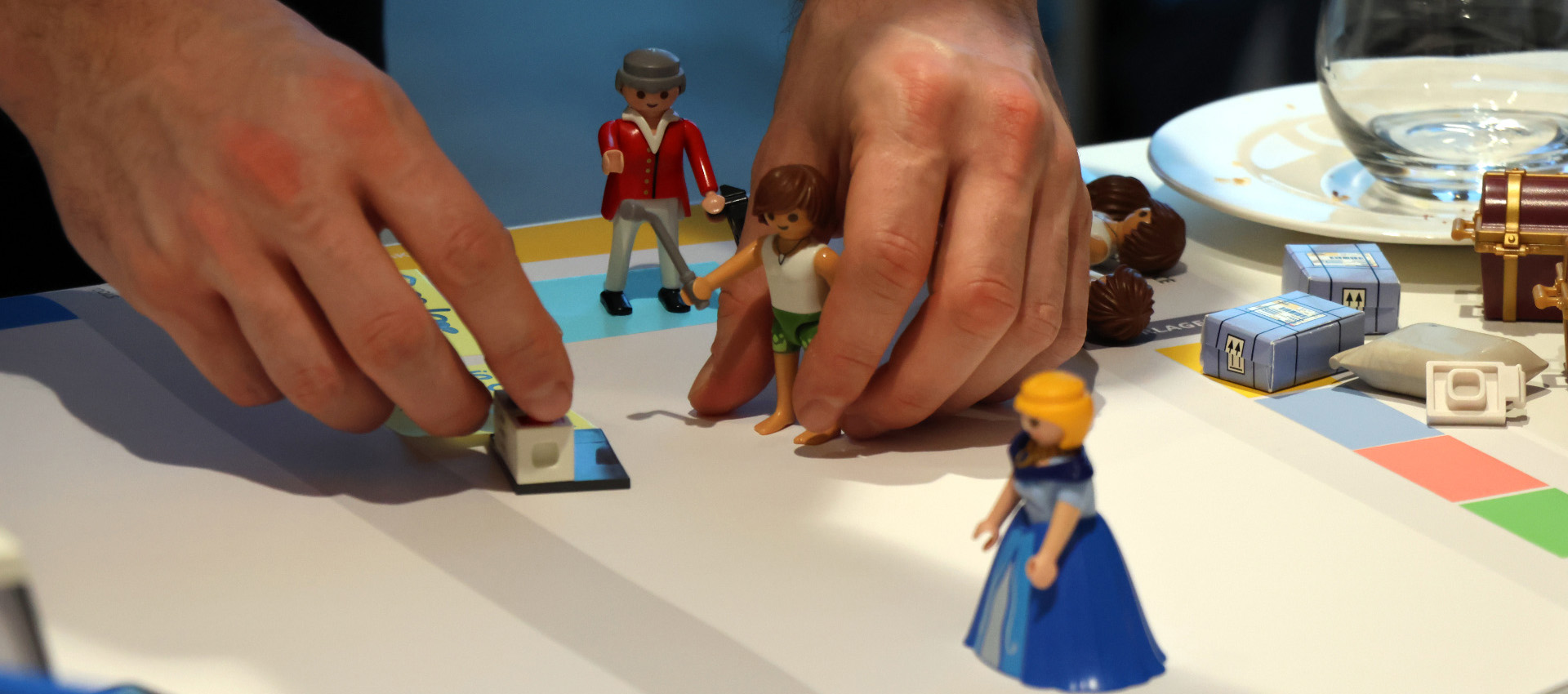In order to empower businesses in the skilled trades sector through digitalization, Adolf Würth GmbH & Co. KG already offers a wide range of support services. These cover, for example, the procurement processes for materials and tools or company management in an ERP system.
At the same time, various challenges in the skilled trades sector currently remain unresolved, from the planning and preparation of skilled trades services to their execution and invoicing. Solutions in this environment require new, innovative approaches, which is why Würth is cooperating with the “Digital Innovation Design” department at Fraunhofer IESE.
In an intensive joint workshop, the problem space in the skilled trades sector was first broadly defined in order to select the most pressing challenges that also have the potential to be solved or at least mitigated by digital means. On this basis, experienced moderators from Fraunhofer IESE used the “Tangible Ecosystem Design” method to develop concrete future scenarios for a new digital ecosystem together with around 15 representatives from various sections of the Würth Group. In interactive sessions, three tangible approaches were developed in this way, which use the potential of digitalization to provide skilled tradespeople with lightweight access to orders, available workforce, or knowledge.
Innovation often fails because ideas are not pursued further. Experts from Fraunhofer IESE therefore documented and evaluated the results of the “Tangible Ecosystem Design” workshop and, together with Würth, developed an action plan for the next implementation steps.
